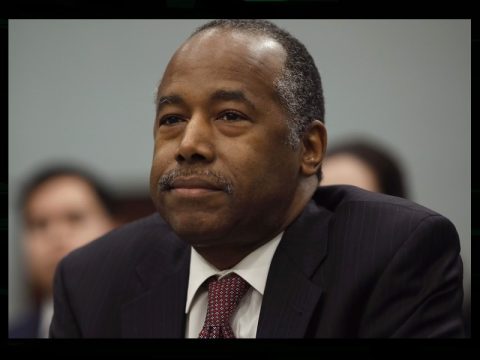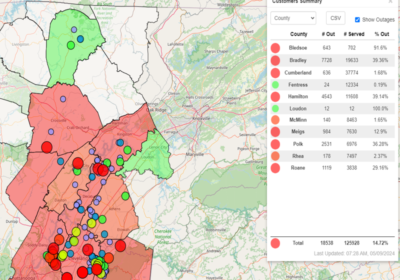HUD PLAN WOULD RAISE RENTS FOR POOR BY 20 PERCENT
Housing and Urban Development Secretary Ben Carson says his latest proposal to raise rents would mean a path toward self-sufficiency for millions of low-income households across the U.S. by pushing more people to find work.
For Ebony Morris and her four small children, it could mean homelessness. Morris lives in Charleston, South Carolina, where most households receiving federal housing assistance would see their rent go up an average 26 percent, according to an analysis done by the Center on Budget and Policy Priorities. But her increase would be nearly double that.
Overall, the analysis shows that in the nation’s 100 largest metropolitan areas, low-income tenants – many of whom have jobs – would have to pay roughly 20 percent more each year for rent under the plan. That rent increase is about six times greater than the growth in average hourly earnings, putting the poorest workers at an increased risk of homelessness because wages simply haven’t kept pace with housing expenses.
“I saw public housing as an option to get on my feet, to pay 30 percent of my income and get myself out of debt and eventually become a homeowner,” said Morris, whose monthly rent would jump from $403 to $600. “But this would put us in a homeless state.”
Roughly 4 million low-income households receiving HUD assistance would be affected by the proposal. HUD estimates that about 2 million would be affected immediately, while the other 2 million would see rent increases phased in after six years.
The proposal, which needs congressional approval, is the latest attempt by the Trump administration to scale back the social safety net, under the belief that charging more for rent will prompt those receiving federal assistance to enter the workforce and earn more income. “It’s our attempt to give poor people a way out of poverty,” Carson said in a recent interview with Fox News.
At an event in Detroit on Thursday, Carson said the proposal is the result of budget constraints. He said the plan could change based on funding for the agency, adding that HUD has already begun working with Congress.
“The reason that we had to even consider rent increases is because we’re working with a specific budget,” Carson said. “And in order not to have to raise rents on the elderly and the disabled or to displace people who are already in programs, that was the only option.”
“The original rent increases were to make sure we didn’t have to raise rents on elderly and disabled people,” Carson said. “Now we have some increased funding, we’re not going to” have to, he said.
The analysis shows that families would be disproportionately impacted. Of the 8.3 million people affected by the proposal, more than 3 million are children.
That stands in stark contrast to Carson’s focus on children and education, which is woven into his memoirs and embedded in the very foundation of his namesake reading rooms tucked into elementary schools across the country. It also runs contrary to research, housing experts say.
“There’s no evidence that raising rents causes people to work more,” said Will Fischer, a senior policy analyst at the policy center, which advocates for the poor. “For most of these rent increases, I don’t think there’s even a plausible theory for why they would encourage work.”





